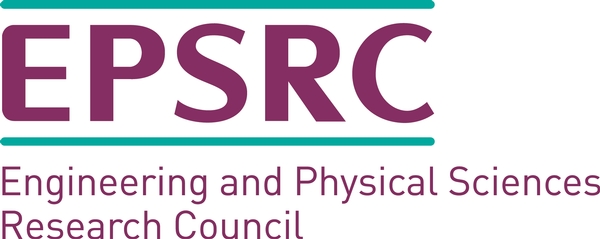School of Physical Sciences’ lecturer and researcher Dr. Jorge Quintanilla has been awarded a grant worth £423k by the Engineering and Physical Sciences Research Council (EPSRC) to support his theoretical research on unconventional superconductors.
The project, titled “Unconventional Superconductors: New Paradigms for New Materials”, is related to the phenomenon of ‘unconventional superconductivity’ – superconductors which cannot be explained within the current framework of understanding.
The project aims to advance understanding of new classes of unconventional superconductors, and they hope to examine possible links between their complicated electron pair orders and their other properties, such as magnetism or so-called "topological order". In addition, they will explore possible novel applications of these unusual systems.
To develop a much fuller theoretical description of them will require applying a range of theoretical tools to the problem, which is where the EPSRC grant will help. New theories will be developed and combined with detailed models of specific materials capable of quantitatively predicting the results of new experiments. More information about the research can be found here.
This is part of a collaborative project with Prof. J. F. Annett at the University of Bristol in partnership with Dr. A. D. Hillier at the Rutherford Appleton Laboratory. The team have worked closely with the experimentalists at RAL and Warwick who made the discoveries, as well as scientists in Japan, China, USA and elsewhere. The project has received EPSRC support through two linked grants totalling £844k, and will be coordinated by Dr. Quintanilla.
Dr. Quintanilla said "I am very pleased with this award. For several years I have, with my collaborators, been using theory to help experimentalists all over the world understand what their data were telling us about a host of new and unusual superconductors. This has brought to light a number of deep puzzles in this exciting field. This was very satisfying but, as theorists, also a little bit frustrating, because we did not have the human infrastructure necessary to tackle the puzzles we were uncovering.”
He added: “This new investment by the EPSRC will allow us to do just that. It is a vindication of many years of hard work on those problems, a recognition of the importance of deep engagement between theory and experiment in our field, as advocated by the Hubbard Theory Consortium, and an acknowledgment of the excellent multi-disciplinary research environment provided by Kent’s School of Physical Sciences. I am really looking forward to three years of hard work and exciting physics."

